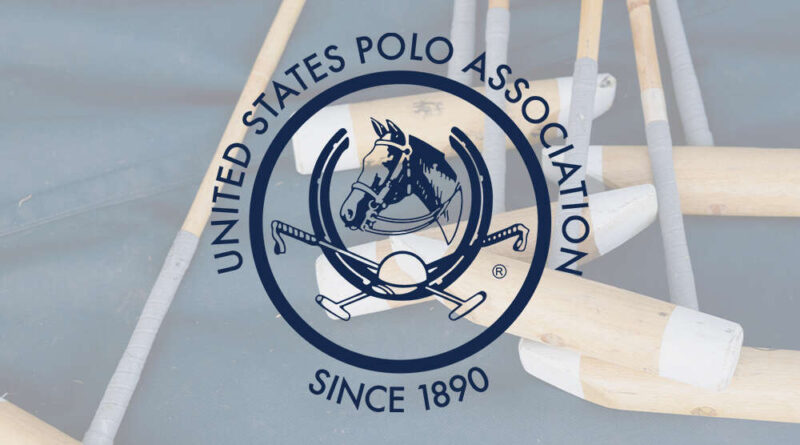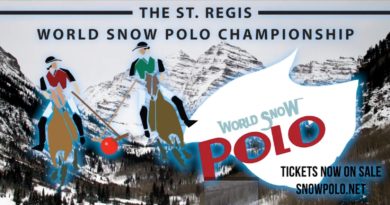USPA OUTDOOR RULE 1.F (THE “AMERICAN” RULE) IS CHANGING ON MAY 1, 2025
Effective May 1, 2025, Outdoor Rule 1.f (the “American Rule”) will change in the following ways that may enhance your participation in both mixed and women’s USPA Outdoor High-Level Events:
- Registered Player Members with U.S. or Canadian citizenship will be defined as “American Players” for purposes of the American Rule;
- American Players who can demonstrate that at least one of their parents was or is a U.S. citizen will be defined as “Homegrown Players” for purposes of the American Rule;
- In USPA Outdoor High-Level Events, teams that use a Homegrown Player or an additional American Player in excess of the minimum number of American Players (as defined in Rule 1f. ), other than the sponsor or designated sponsor, will receive the benefit of a one (1) goal credit toward the calculation of the team handicap; and
- The aggregate credit available to any team will be limited to one (1) goal in USPA Outdoor or NPC Events with an upper handicap limit of sixteen (16) goals or above.
If you are a Registered Player Member who can demonstrate that at least one of your parents was or is a U.S. citizen, you must update your USPA member registration to qualify as a Homegrown Player. Do this right away, so that any team you are on can receive the handicap credit when it enters a USPA Outdoor High-Level Event. If your registration has not been updated at the time of entry, your team will not receive the credit it is due.
To update your USPA member registration, do the following:
- Log into the Member Portal using your member credentials.
- On the “Profile” page, below your information please press “Submit Your Homegrown Documentation.”
- You will be prompted to enter all required information and document uploads as per the guidelines below. After receiving your submission, it will be reviewed and verified within 48 hours.
To validate your status as an American Player, the USPA will accept the following as proof that you are a U.S. or Canadian citizen: a legitimate copy of your passport, birth certificate or naturalization documents. (Depending on the level of detail on your birth certificate, it may also offer acceptable proof that one of your parents was or is a U.S. citizen.)
The USPA will accept the following as proof that one of your parents was or is a U.S. citizen: a legitimate copy of your parent’s passport, birth certificate or naturalization documents.
- For a parent born in the U.S. – If your parent cannot give you his or her passport or birth certificate and he or she was born in the U.S., you can search public birth records online from the state or county in which he or she was born or contact the relevant Vital Records office to request a copy of his or her birth certificate.
- For a parent who was naturalized – If your parent cannot give you his or her passport or naturalization documents and he or she became a citizen through naturalization, you can obtain copies of naturalization records by requesting genealogy records from the USCIS Genealogy Program using Form G-1041A Form I-1041A, Instructions for Genealogy Records Request (uscis.gov). You can also obtain naturalization records of an immigrant who became a U.S. Citizen by submitting (or completing online) USCIS Form G-639. Form G-639, Freedom of Information/Privacy Act Request (uscis.gov). This form provides records of living immigrants, or immigrants who arrived after 1945, or who naturalized after April 1, 1956. To obtain these records, you must prove you have your parent’s consent to receive the records. Otherwise, you must prove your parent is deceased by submitting a death certificate, obituary, photograph of a funeral memorial or monument; screen print from the Social Security Death Index; or probate documents filed in court. This is not required if your parent was born more than 100 years before the records request. Records of naturalization prior to September 27, 1906, must be researched through the National Archives or the local court where the naturalization occurred.
- Additional Online sources – Websites like Ancestry.com or FamilySearch.org may also have access to your parent’s birth records or immigration records.
If you are certain your parent is or was a U.S. citizen and you are unable to provide a legitimate copy of your parent’s passport, birth certificate or naturalization documents using the above-described sources, contact the USPA Membership Department (membership@uspolo.org) and the USPA may be able to assist you in qualifying as a Homegrown Player.




